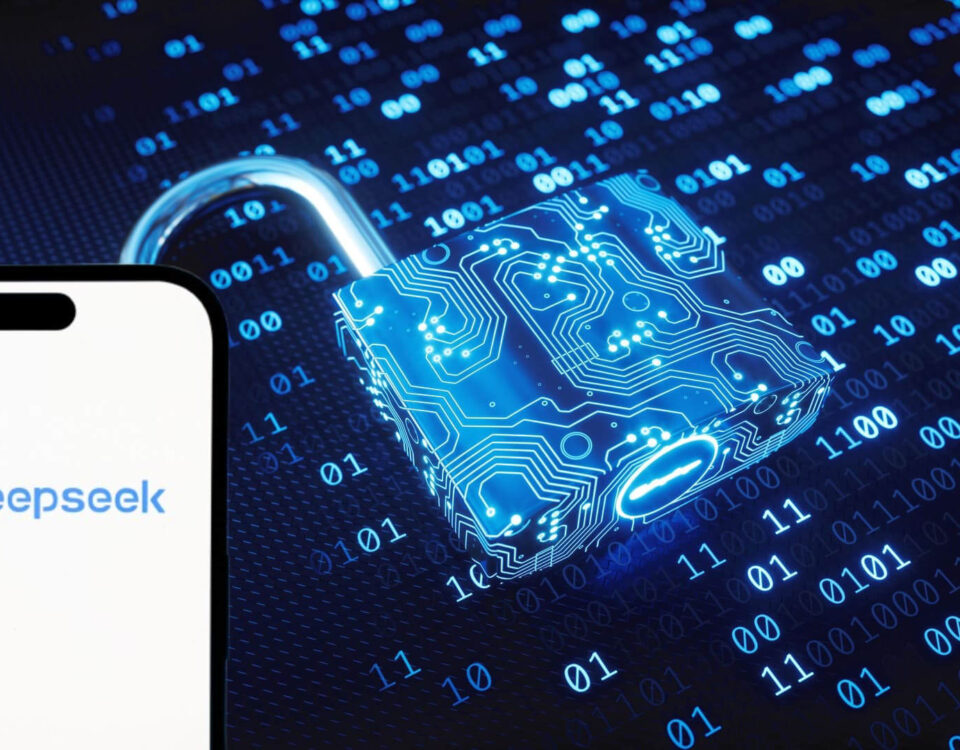
Gorilla Botnet Attacks 100 Countries with More Than 300,000 DDoS Attacks
January 10, 2025
Lazarus Group’s Operation 99 Targets Web3 Developers with Fake LinkedIn Profiles and Malware
January 16, 2025A researcher from Google Project Zero recently found a serious problem with Samsung devices. This problem, called a zero-click exploit, uses a flaw in the Monkey’s Audio codec—a tool that processes audio files on Android devices. The issue, labeled CVE-2024-7980, shows how easily hackers can target even small parts of a device’s system.
A zero-click exploit is a type of cyberattack that doesn’t need the victim to do anything, like opening a file or clicking a link. In this case, hackers can send a corrupted audio file to a device and take control of it without the user even noticing. This makes it a silent but very dangerous threat.
The exploit affects Samsung devices running Android versions 12 to 14. It takes advantage of a weakness in the Monkey’s Audio codec to run harmful code on the device. This could allow hackers to steal personal information, control the device, or install malware.
Monkey’s Audio is a tool used to compress audio files without losing quality, but it has some flaws. Hackers found a way to send a fake audio file that confuses the codec and causes a memory error. This gives them a way to control the device by running their own code.
When Samsung learned about the problem, they quickly fixed it in their December 2024 security update. Samsung has asked users to update their devices to the latest version to stay safe from this exploit.
While Samsung’s quick action is great, this issue raises questions about using third-party tools like Monkey’s Audio in important systems. These tools often aren’t checked for security as carefully as they should be, making them easy targets for hackers.
This exploit is a reminder of how creative hackers can be in finding new ways to attack devices. Features like audio playback, which seem harmless, can be used to sneak past security protections.
The discovery also highlights how important it is for experts, like those at Google Project Zero, to find problems before hackers can use them. Their work helps protect all of us in a world where digital threats are constantly changing.





